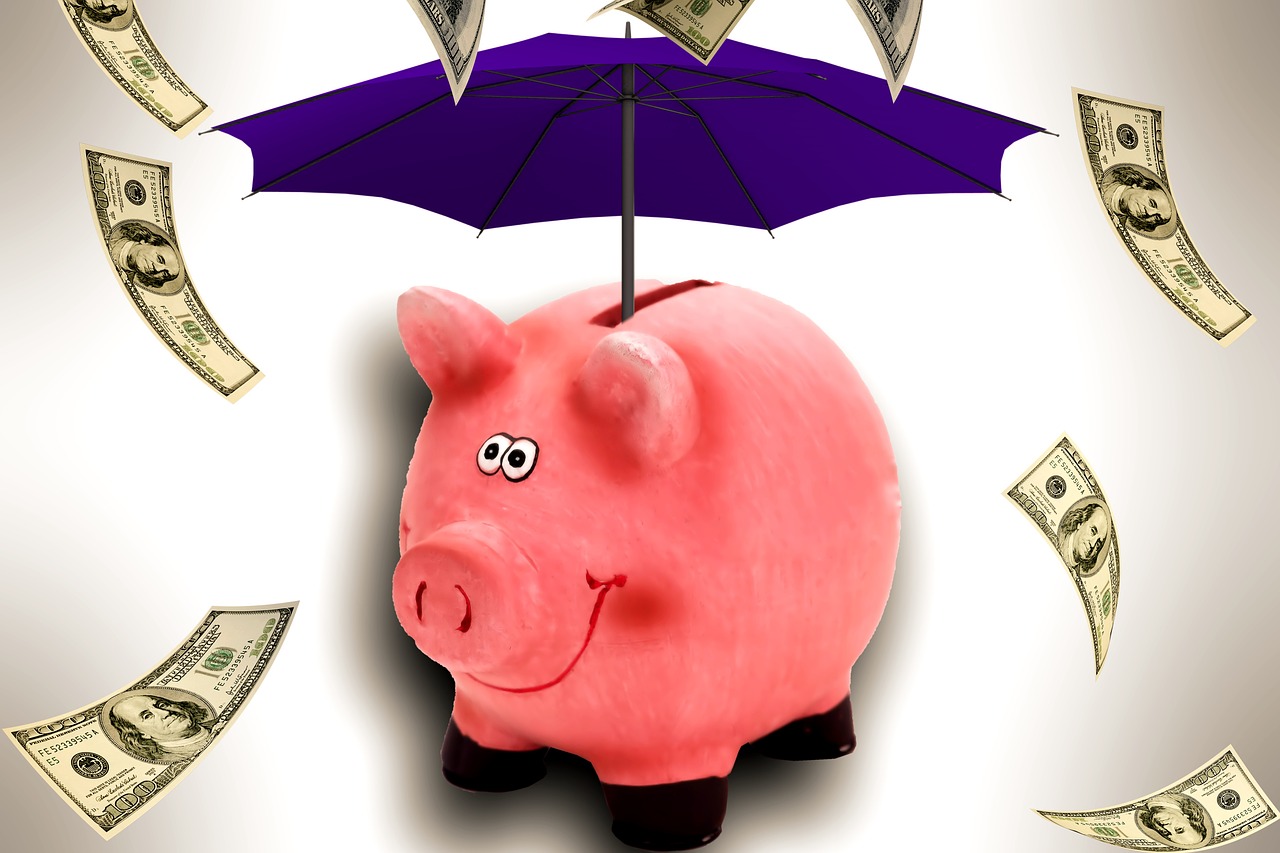
Your interactions with money are informed by who you are. Whether you are happily married, blissfully single, or in the process of decoupling, knowing your money management style is super important. This information will let you keep a handle on your bottom line; it is the first step in understanding how you should spend, save, and invest.
Take this short quiz to determine what kind of relationship you have with money. NOTE: Financial styles can be examined in a variety of ways; most respondents can identify with elements of each of these profiles. The key is to find the type that most closely resembles your spending/saving patterns.
1. When it comes to saving money, I

- Have extra income, but don’t have a plan for what to do with it
- Have a piggy bank where I put some money sometimes
- Am diligent and save consistently
- Don’t even consider it because it is a luxury
2. My strategy of bill-paying is

- Ignore the bills until a second notice shows up
- Pay, but never earlier than the due date
- Have an established routine each month for paying the bills
- Stress about it, wait for weeks to pay, but always pay
3. If I have money to invest, I

- Follow my financial advisors’ advice, no questions asked
- Consult with friends and family about what they have done
- Take the lowest risk option and hope not to make mistakes
- Research lots of options before making a decision, if I make one at all
4. When I need to borrow money, I

- adamantly refuse, debt stresses me out
- do it and pay it back as agreed
- tap friends and family; banks can’t be trusted
- do it because I have to, and only if it is a financially wise decision
5. If someone wants to borrow money from me, I

- politely refuse
- like to help when I can
- decide based on who asked, how much they asked for, and when they will pay me back
- give without asking for too many details
6. I handle big purchases by

- buying what I like, regardless of the price tag
- comparison shopping until I find a good deal
- putting it off until a sale rolls around, if possible
- shopping around, but ultimately buying what is easy
7. When someone talks to me about my personal finances, I

- cringe and let my eyes glaze over
- suffer through it, but listen intently
- am happy for the input and value the conversation
- ask them to talk to someone else (spouse, advisor, etc.)
Results:
Mostly A answers: Big Spender – You enjoy spending your money and don’t think too much about the “long term.” Saving is not a priority. You must have the latest and newest tech; your home is big and fashionably styled. You are not averse to risk-taking and pay smart people to give you good advice about what to do with your money.
Mostly B answers: Shopper– Shopping and spending money makes you feel good. You like a good bargain and try hard to find one. Sometimes you buy things you don’t need, even if the debt you might incur stresses you out. Your money is invested in a 401(k) plan; if you get a bonus or have some extra cash, you put it away for later.
Mostly C answers: Savers– You are diligent about your finances and keep thorough records. You don’t like debt, avoid credit cards, and feel uncomfortable with spending money. Financial trends don’t sway your money decisions; you don’t like taking risks, though you do like to invest and make your money work for you.
Most D answers: Debtors– You don’t really know how much money you are making or where/how you are spending it. While you don’t spend money for fun, or unnecessarily, you also don’t spend too much time thinking about your finances.
Now that you know your money management style, you can put more thought into how you want your financial future to look. Small modifications can help you reach financial stability and independence. While some changes can seem challenging, these small steps can help you to take control of- and be smart about- your finances.
- If You are a Big Spender, Try Shopping Less to Save More
Start spending money on long-term value, rather than immediate gratification. If a purchase won’t be useful/valuable to you in a year, rethink the expense. Look for purchases that are likely to bring you steady gains and significant utility over time.
- If You are a Shopper, Pay with Cash Not Credit
Your “extra” money is invested, and that is a good thing! Before your next shopping spree, though, look at your credit card statements. If you are buying too much on credit, you are likely also paying significant interest. That means even the best deal will cost you more.
- If You are a Saver, Let Yourself Have Some Fun
Financial success is all about reduced risk with maximized return so you can do what you want. Remember that it is OK to enjoy your money. Make sure that all your efforts to save are yielding results: allow yourself a full-price item now and then; take that beach vacation.
- If You are a Debtor, Make a Plan for Your Finances
Get involved in your monetary life. Start by putting your finances in order: know what you make and what you spend. Then establish an investment plan so that you can make wise and healthy fiscal choices.
While you may not be able to completely change your money style, it is important to know what it is and seize the financial opportunities (or challenges) that it presents. Managing your money requires self-awareness; knowing what kind of consumer you are allows you to adjust slightly and achieve your financial and personal goals.


